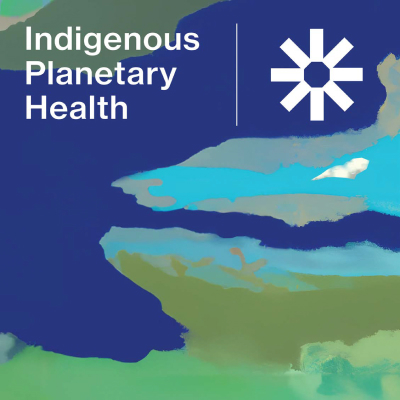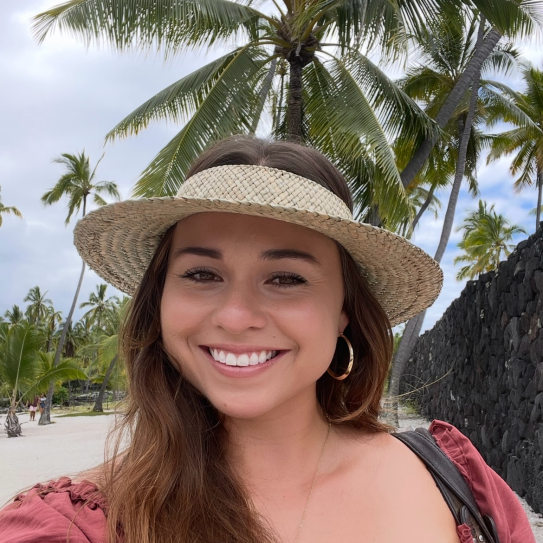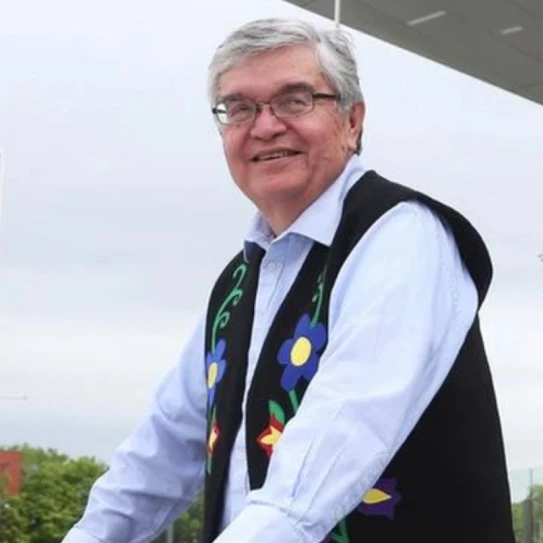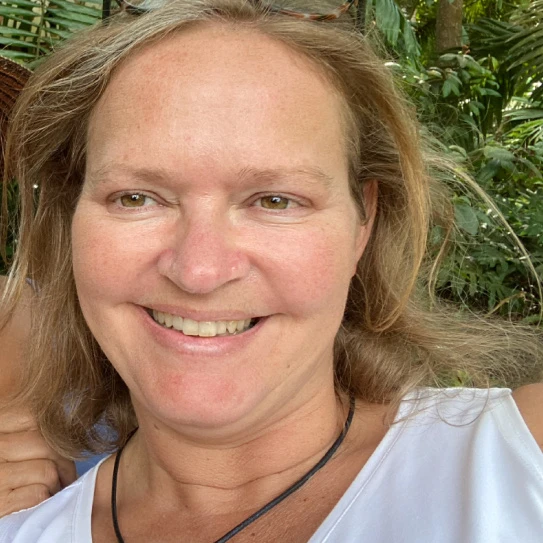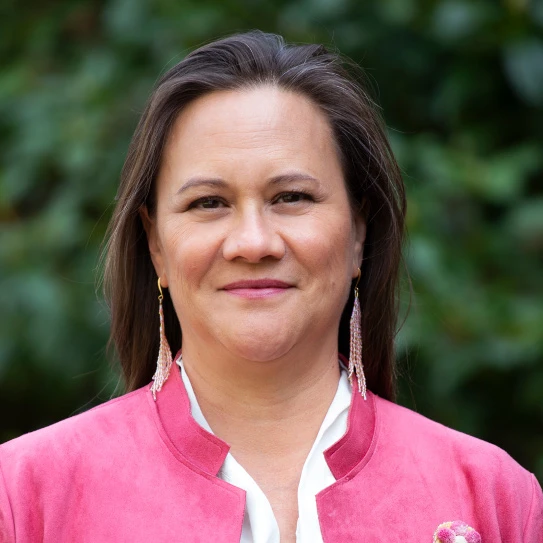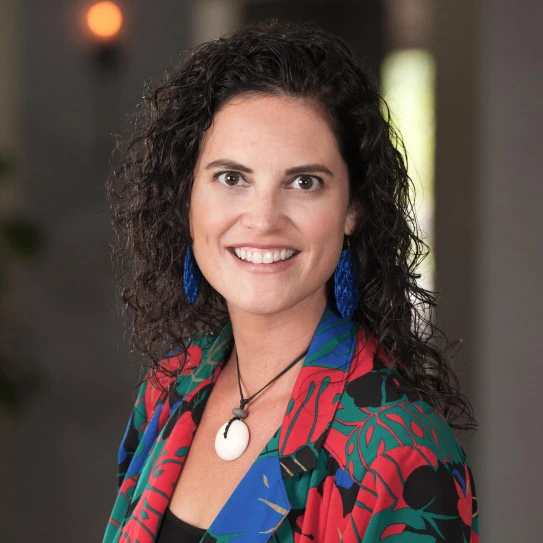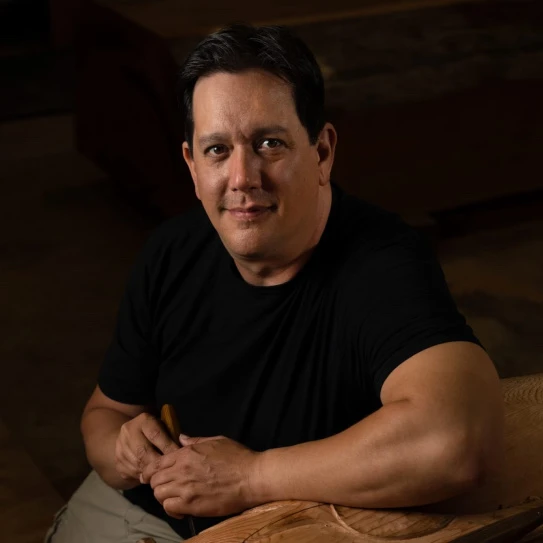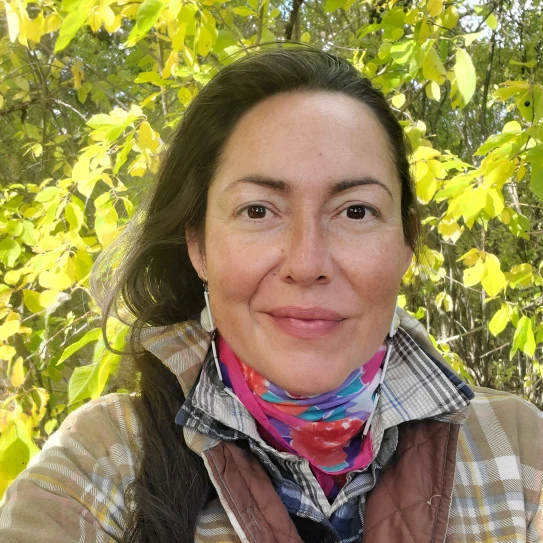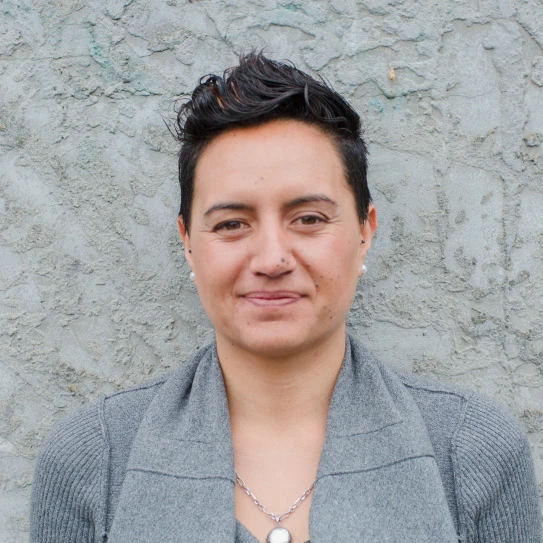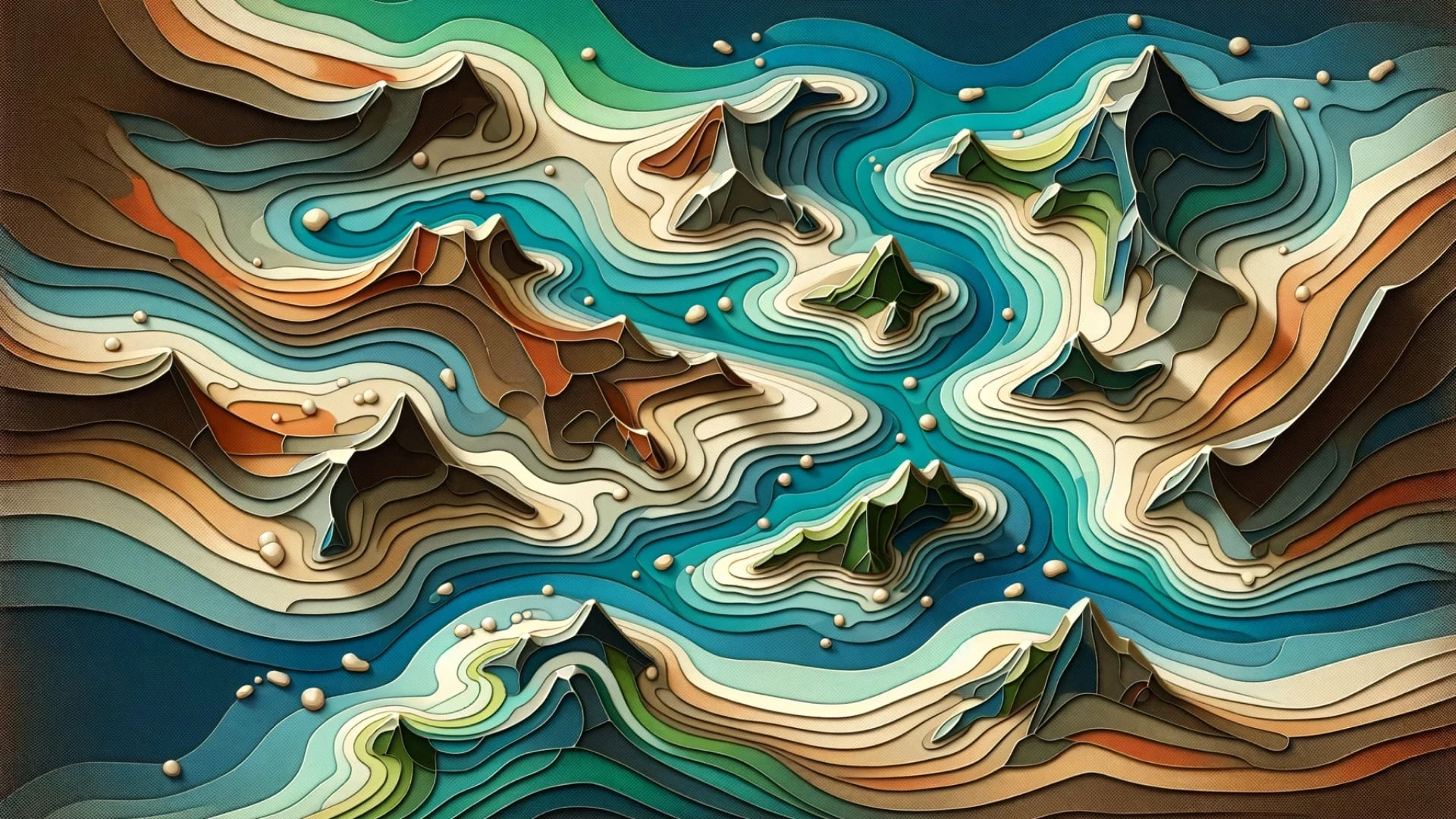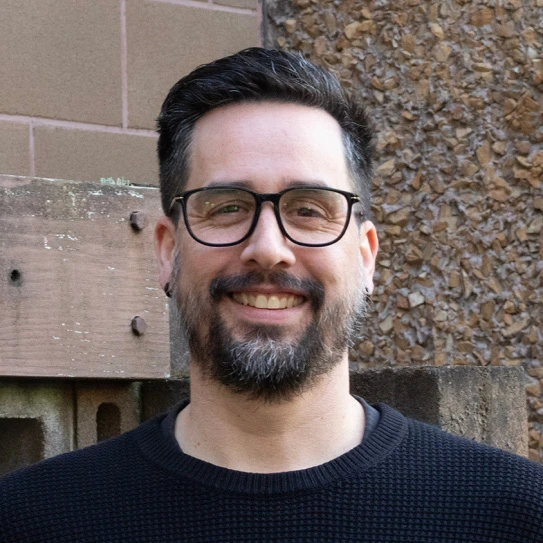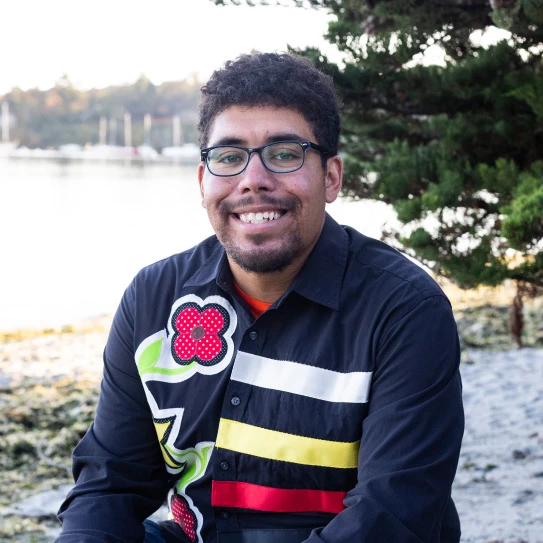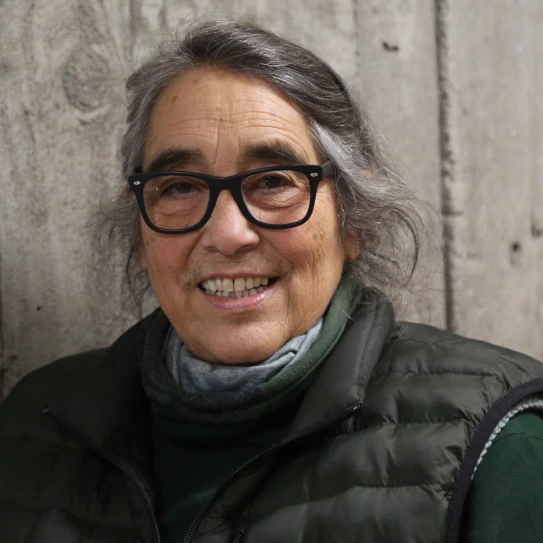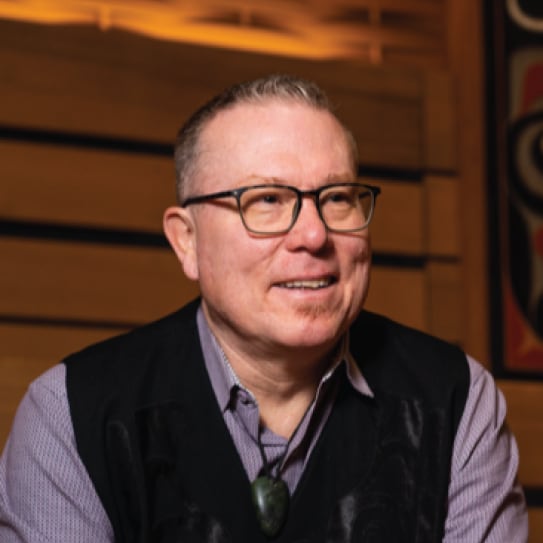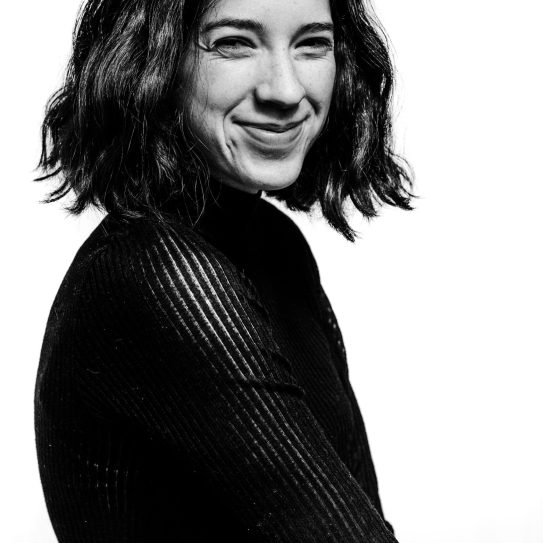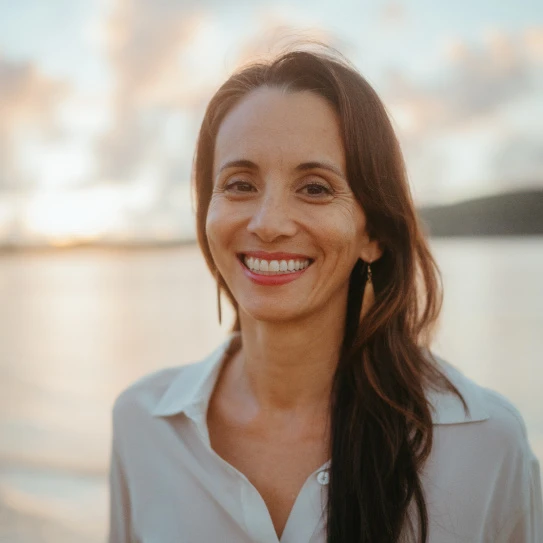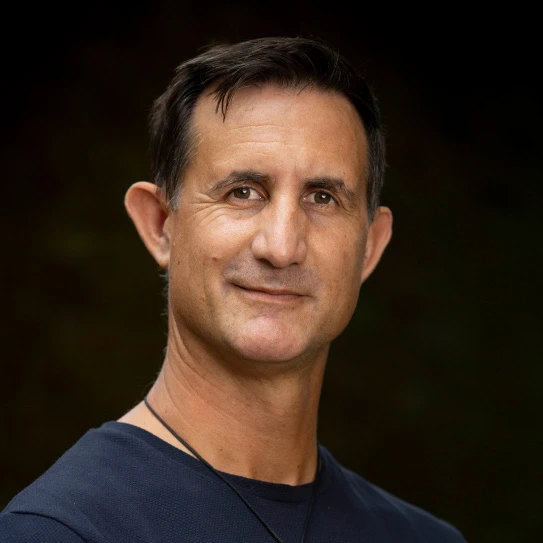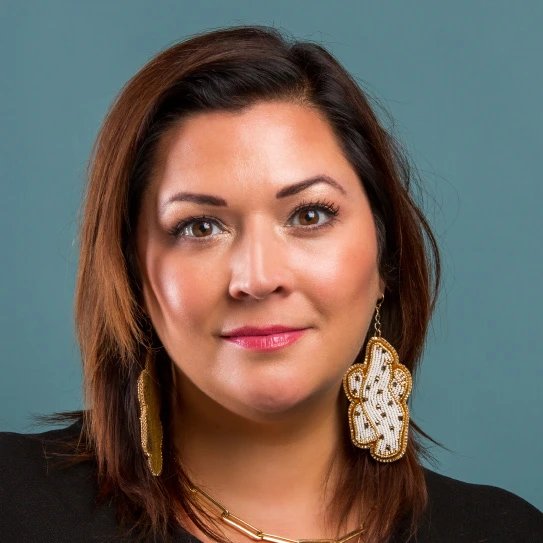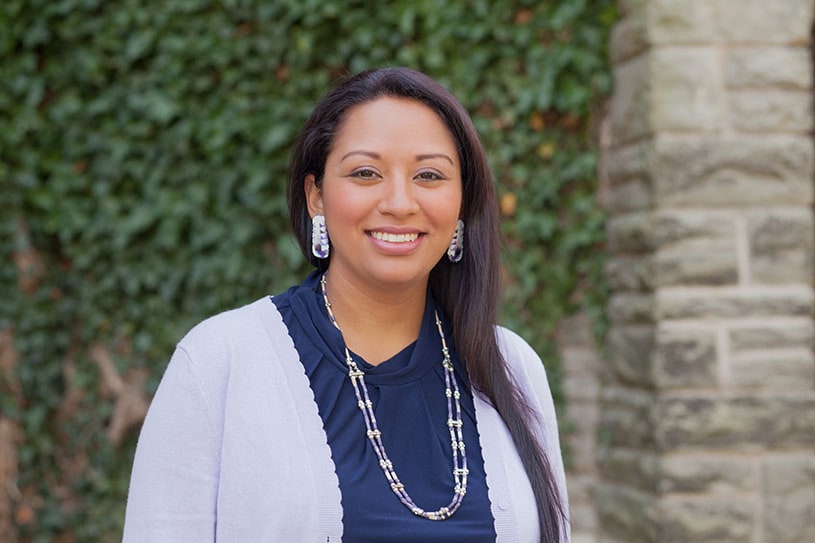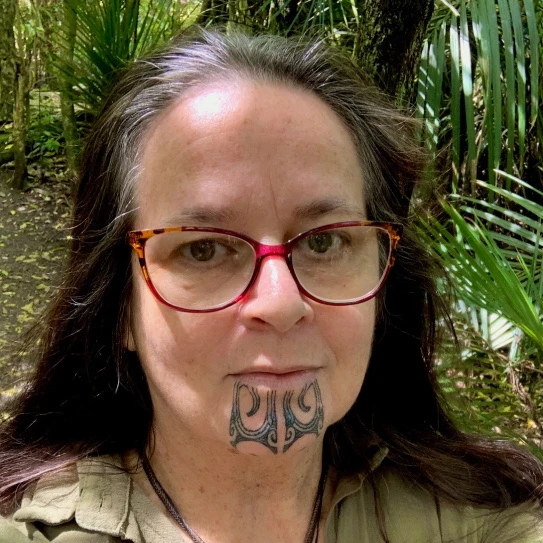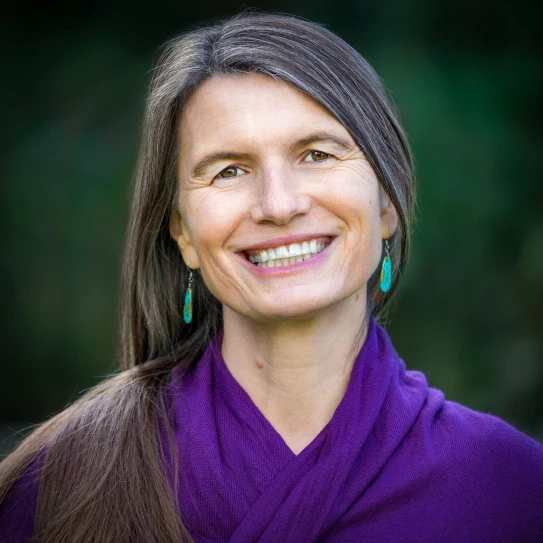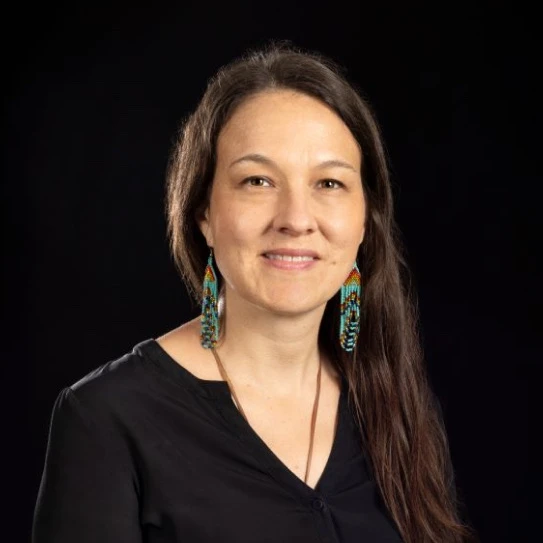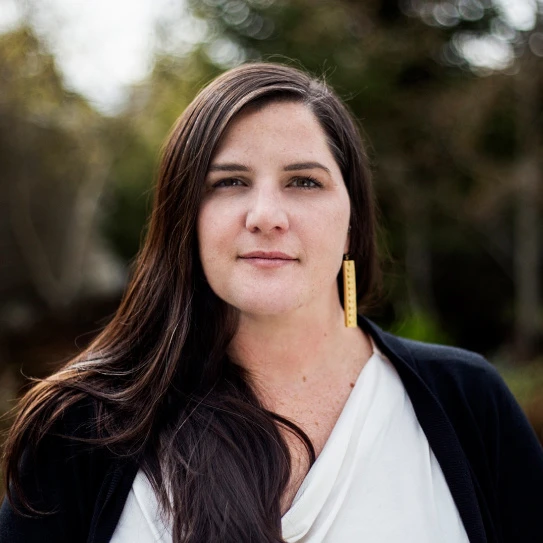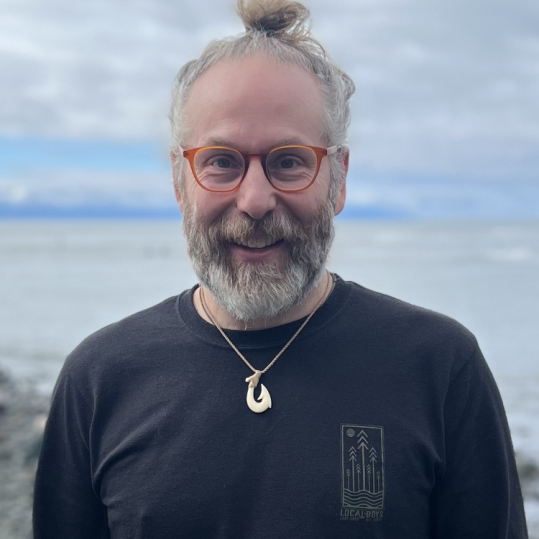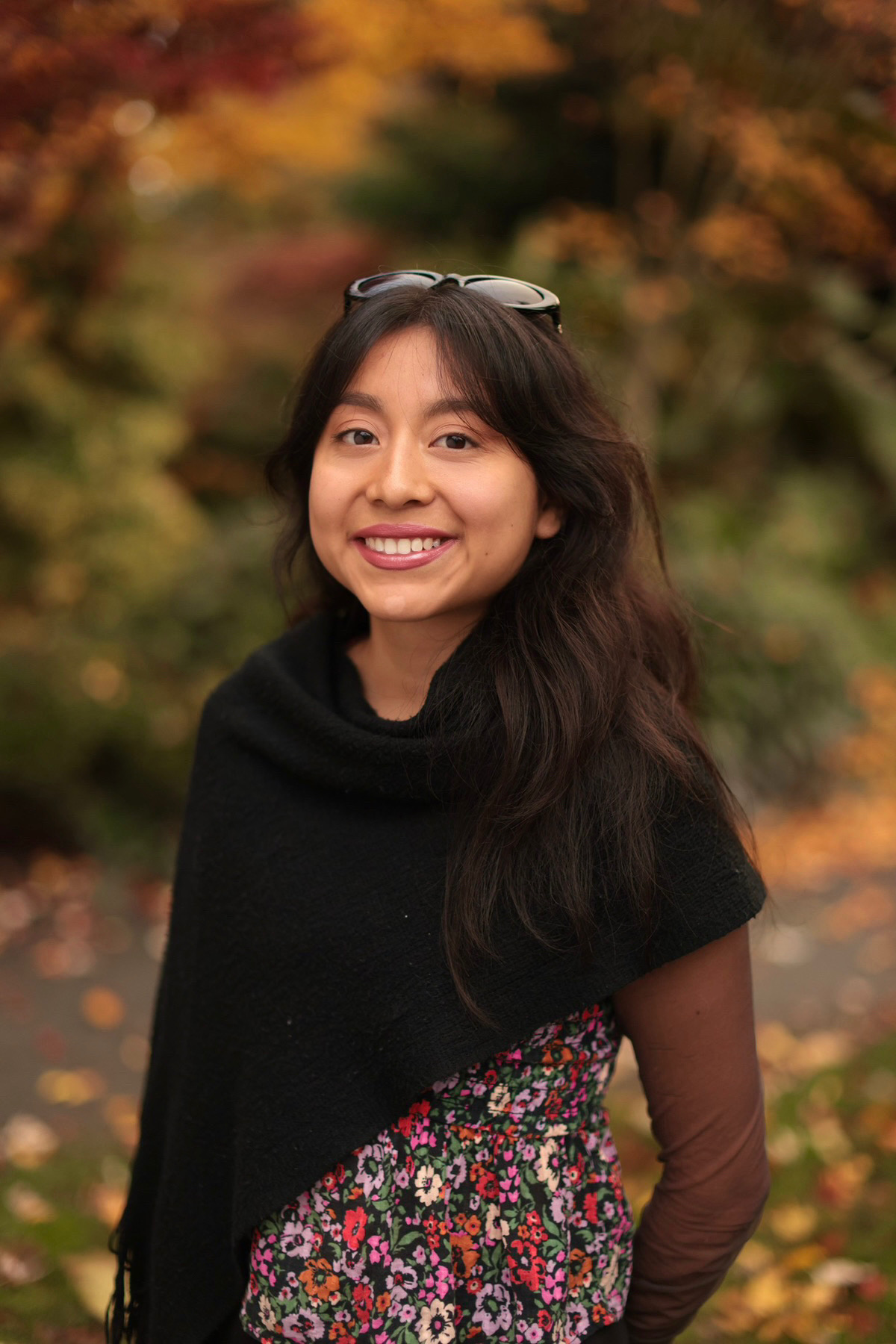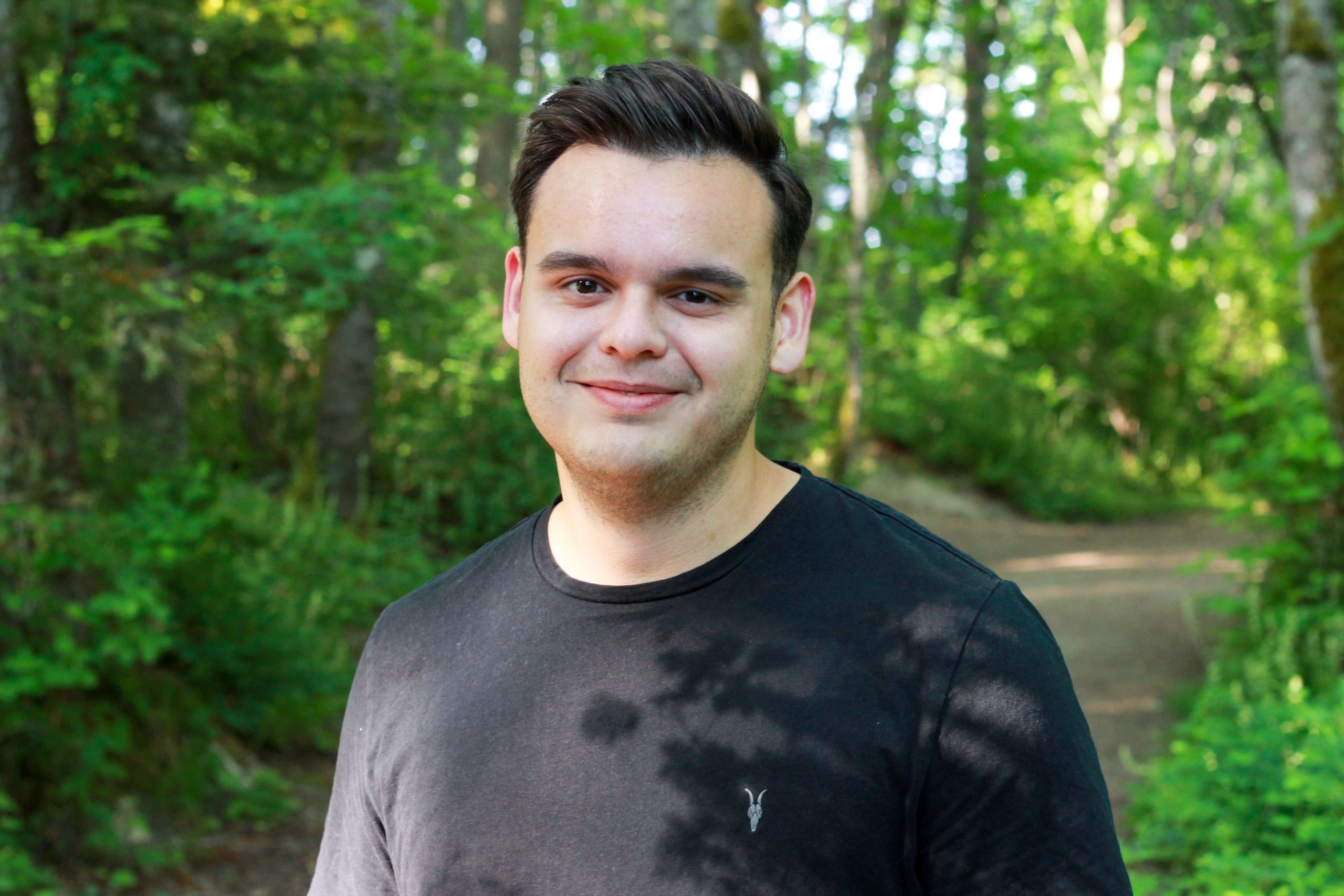Podcast: Play in new window | Download
Land-based or place-based education is probably a well-known pedagogical framework for folks working in Indigenous education. For our guest this week, Dr. Maya Saffery, a Kanaka ʻŌiwi cultural practitioner, educator, and scholar, place-based education was initially inspiring and exciting. Her enthusiasm for this pedagogical approach shifted as her educational experiences expanded, and she came to realize the limits of place-based education for supporting and sustaining Kanaka ʻŌiwi self–determination. In this week’s episode, Maya and Hoku speak about the ʻĀina Education Framework she developed for her PhD research at University of Hawaiʻi Mānoa. She shares how her framework is being implemented by Kauluakalana, a community-led, non-profit working to restore and foster the relationship between Kānaka (people) and ʻāina (the land that feeds), through the restoration of fishponds, taro fields, and caretaking sacred sites. Maya is currently writing a book to share her ʻĀina Education Framework with others so that it can inspire other communities to discover their own curricula and pedagogies embedded within their unique cultures and knowledges.
This podcast is created by the Archipelagos of Indigenous-led Resurgence for Planetary Health research collective. You can find out more about our research on our website: https://indigenousplanetaryhealth.ca/. We receive funding for this podcast from the Impact Chair in Transformative Governance for Planetary Health at the University of Victoria and from the Canadian Institutes of Health Research. We receive production support from Cited Media.
